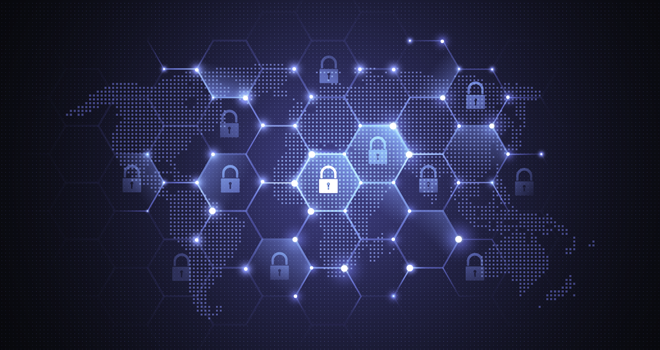On Monday, Momentum Metropolitan Holdings reported that it had been the victim of a cyberattack, with criminals able to access sensitive data on its systems. In a statement to shareholders, the financial services group said a “third party unlawfully accessed a limited portion of data of a subsidiary of the group”. The latest hack comes as several South African organisations have fallen prey to cyber-attacks recently. In June, Life Healthcare Group, the second largest private hospital operator in SA, revealed it was a victim of a cyber-attack, in the midst of the COVID-19 outbreak.
With the increase in cyber-attacks, the vulnerability of employees working from home is also at stake. Whilst working from home reduces the likelihood of being infected by the coronavirus, it might just open the door for cyber criminals.
Kasperksy recently shared a few tips for remote working safety and security to ensure that both you and the company stay protected:
| 1. | Protect devices with an antivirus solution It is vital that you install a reliable security solution on all devices that handle corporate data. Check with your IT department to ensure that your device has al the relevant security solutions installed. |
| 2. | Update programs and operating systems Often cybercriminals rely on people being too lazy to update software, because in the latest versions of programs vulnerabilities are usually patched. It’s important to regularly update everything installed on any device that you use for work purposes. |
| 3. | Configure Wi-Fi encryption Protecting the computer won’t help if an attacker connects to your Wi-Fi or takes up residence inside your router. Anyone who does that can intercept everything you send or enter online, including passwords for remote access to an office-based computer or corporate mail. Therefore, it is imperative to configure your network connection correctly. |
| 4. | Change your router login and password The default passwords for many models are not only too weak, but also known across the Internet and easily searchable. It is therefore important to change the login and password required to enter the router settings. |
| 5. | Use a VPN in cafés and coworking spaces Public Wi-Fi networks are often not encrypted at all, and even if they are, anyone can get hold of the password. To prevent rogue customers at the café or coworking space from spying on you through the local Wi-Fi, use a virtual private network. |
| 6. | Lock your device before walking away Someone can catch a glimpse of your work correspondence even when you’re just having a cup of tea or taking a bathroom break. Therefore, it’s important to lock the screen whenever you get up. |
| 7. | Use corporate services for e-mail, messaging, and all other work Your company most likely has a set of IT services that employees use, such as Microsoft Office 365 and at the very least corporate e-mail. Those tools are configured by your company’s IT service, and IT is responsible for setting them up right. Therefore, stick to corporate resources when exchanging documents and other information. |
| 8. | Stay vigilant Read your email messages carefully and don’t rush to respond to them. Don’t be afraid to call the other party for clarification or confirm the action one more time with your boss. |
Click here to read the Kaspersky article that provides more detail about staying safe while working from home.



